How Do You Incubate Duck Eggs – Introduction
Duck eggs, with their rich flavor and nutritional benefits, have long been a prized delicacy and are increasingly popular among poultry enthusiasts and homesteaders alike. Whether you’re looking to hatch a new generation of ducklings or simply enjoy the culinary delights of fresh duck eggs, understanding the process of incubating duck eggs is essential. In this comprehensive guide, we’ll delve into the step-by-step process of incubating duck eggs to ensure a successful hatch and healthy ducklings.
Selecting Quality Eggs:
Before you embark on the incubation journey, it’s crucial to start with high-quality duck eggs. Seek out eggs that are clean, free from cracks or blemishes, and have been properly stored to maintain freshness. Avoid washing the eggs, as this can remove the natural protective coating that helps prevent bacteria from entering the eggshell and impacting the developing embryo. Additionally, consider the age of the eggs, as fresher eggs tend to have a higher hatch rate compared to older ones.
Setting Up the Incubator:
Once you have selected your eggs, it’s time to prepare the incubator for their arrival. Ensure that the temperature and humidity levels are appropriate for duck eggs, as these factors play a crucial role in successful incubation. Most commercial incubators come with built-in temperature and humidity controls, but it’s essential to verify and calibrate these settings before adding the eggs. Aim for a temperature of around 99.5°F (37.5°C) and humidity levels ranging from 55% to 65%. Utilize a reliable thermometer and hygrometer to monitor these conditions closely throughout the entire incubation period.
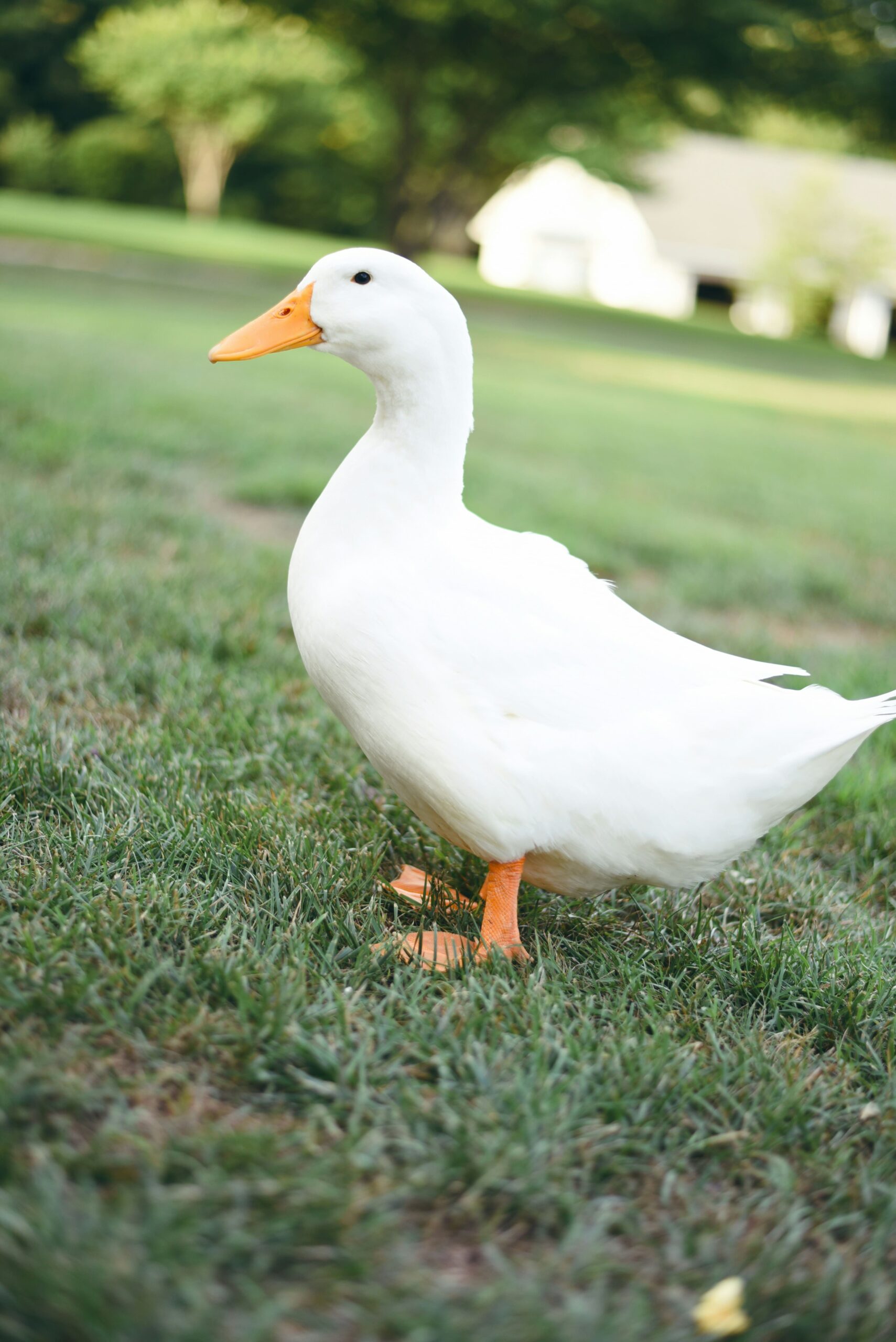

Positioning the Eggs:
Carefully place the duck eggs in the incubator, taking care not to jostle or disturb them excessively. Position the eggs with the pointed end facing downward, as this helps the air cell inside the egg to remain in the correct position during incubation. Avoid overcrowding the eggs in the incubator, as this can impede airflow and lead to uneven heating, which may affect the development of the embryos.
Turning the Eggs:
Duck eggs, like other bird eggs, require regular turning to ensure proper development and prevent the embryo from sticking to the inside of the eggshell. Turn the eggs gently by hand or use an automatic egg turner if your incubator is equipped with one. Rotate the eggs at least three times a day to promote even growth and development of the ducklings inside. Consistency is key, so be diligent in maintaining a regular turning schedule throughout the entire incubation period.
Monitoring and Maintenance:
Throughout the incubation process, it’s essential to monitor the temperature and humidity levels in the incubator closely. Make any necessary adjustments to maintain optimal conditions, such as adding water to the humidity tray or adjusting the ventilation settings. Keep the incubator clean and free from debris to prevent contamination and ensure the health of the developing embryos. Regularly inspect the eggs for any signs of damage or abnormalities, and remove any eggs that show signs of infertility or early embryonic death.
Candling the Eggs:
Around halfway through the incubation period, typically after seven to ten days, you can candle the eggs to check for signs of development. Candling involves shining a bright light through the eggshell to illuminate the contents inside, allowing you to observe the growth and movement of the embryos. Look for veins and blood vessels forming, as well as signs of movement or activity within the egg. Discard any eggs that show signs of infertility or early embryonic death to prevent contamination and maintain the health of the remaining eggs.
Preparing for Hatching:
As the hatch date approaches, it’s essential to prepare a suitable environment for the ducklings to transition to after hatching. Set up a brooder or warm, safe enclosure equipped with a heat source, such as a heat lamp or heating pad, to maintain the appropriate temperature for the newly hatched ducklings. Provide fresh water and starter feed to support their growth and development as they adjust to their new surroundings.
Hatching and Caring for Ducklings:
During the hatching process, it’s crucial to resist the urge to intervene unnecessarily and allow the ducklings to hatch on their own. Hatching is a natural process, and interfering can cause harm to the ducklings or disrupt their development. Once hatched, transfer the ducklings to the prepared brooder and monitor their health and behavior closely. Offer them gentle care and support as they adjust to their new environment, providing warmth, food, and water as needed.
Incubating Duck Eggs from START TO FINISH | Rite Farm 3600 Incubator: https://m.youtube.com/watch?v=FqWNCSMxLcQ&pp=ygUdSG93IERvIFlvdSBJbmN1YmF0ZSBEdWNrIEVnZ3M%3D
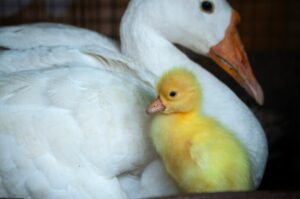

Conclusion:
Successfully incubating duck eggs requires careful attention to detail, proper equipment, and adherence to best practices throughout the entire process. By following the steps outlined in this comprehensive guide, you can increase the likelihood of a successful hatch and enjoy the rewarding experience of raising healthy ducklings. Whether you’re a seasoned poultry enthusiast or a novice hatchling, the art of incubating duck eggs offers a fascinating glimpse into the wonders of nature and the miracle of new life.
In conclusion, mastering the art of incubating duck eggs is a rewarding endeavor that requires careful attention to detail, proper equipment, and dedication. By following the steps outlined in this comprehensive guide, you can increase the likelihood of a successful hatch and enjoy the experience of witnessing new life emerge from the eggs. From selecting high-quality eggs to maintaining optimal temperature and humidity levels, each step plays a crucial role in the incubation process.
As you embark on your journey of hatching ducklings, remember to monitor the eggs closely, provide proper care for the newly hatched ducklings, and celebrate the miracle of life that unfolds before you. With patience, perseverance, and a little bit of luck, you can experience the joy of raising healthy ducklings and continue to enjoy the many benefits that these remarkable birds have to offer.
More Links :
Can Ducks And Chickens Eat The Same Feed?: Feeding Harmony: https://animfarm.com/can-ducks-and-chickens-eat-the-same-feed/?amp=1
Duck Farming for Eggs – Best Breeds: https://animfarm.com/duck-farming-for-eggs-best-breeds/?amp=1
LUCKY DUCK FARM STORY HIGHLIGHTS: https://animfarm.com/lucky-duck-farm-story-highlights/?amp=1

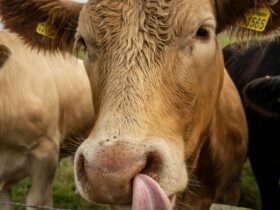
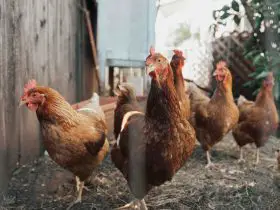

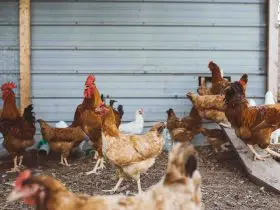


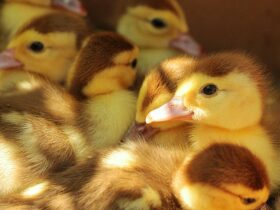
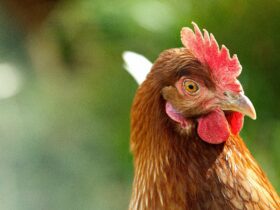





Hello!! Welcome to Anim Farm